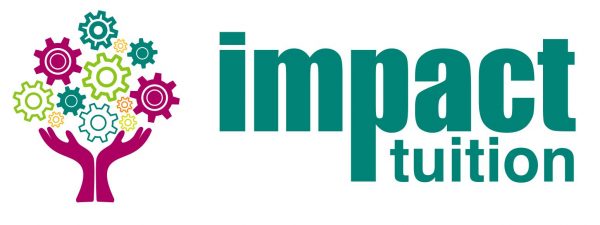Dyslexia & Dyscalculia Screening
Dyslexia and Dyscalculia Screening tests are available at our centre in Urmston, Manchester. Administered by a fully qualified, experienced & accredited teacher these tests are a highly effective way of discovering barriers to your child’s learning. All tests are done in person and come with a full written report.
Dyslexia Screening Test
This screening test involves a series of assessments that focus on known indicators/characteristics of Dyslexia. The test gives an At Risk Quotient (ARQ) which demonstrates the likelihood of an individual having dyslexia. Whilst this is not an official diagnosis, it is a well-known and professionally respected, reliable test and many schools, colleges and universities will accept it as an indication of dyslexia whilst waiting for an Educational Psychologist assessment or arrange further testing based on the result. It can be a useful start if you suspect that your child is experiencing barriers to their learning but are struggling to get help. We can offer an Early Dyslexia Screening (age 5 -7 years) This is only really recommended if you have a strong family history or very compelling reasons to believe your child has dyslexia. Many schools are justifiably reluctant to assess very young children because so much that seems a problem at 5 or 6 years old can have resolved itself by 7 years old. If you do strongly suspect dyslexia however, it can be frustrating to have to wait so this assessment would be ideal in those circumstances.
Junior Dyslexia Screening is ideal for 7-11-year-olds and Secondary Dyslexia is designed to assess 11 to 16-year-olds.
As the test is conducted in person and looks at characteristics associated with a dyslexic profile, it can be very useful, even if the result is negative, as it can highlight weaknesses such as working memory and slow processing skills. It is also worth remembering that Dyslexia Screening tests can produce false negatives. This can be the case if a pupil has developed strong coping strategies to overcome their difficulties and is one of the reasons that the British Dyslexia Association do not recommend routine screening at a set age in schools. A child who has a not at risk score for dyslexia at the age of eight, may well be diagnosed with dyslexia aged twelve when their coping strategies can no longer cope with the challenge of work at secondary level.
Also included is a detailed diagnostic spelling and a phonological awareness assessment.
How can Dyslexia Screening help?
Many parents are frustrated that whilst they feel their child is not achieving their full potential, they do not seem to be getting much support at school. Funding in schools is very low at the moment and it can seem like an uphill battle to get help at times. Dyslexia Screening can pinpoint areas that are acting as barriers to learning. Kelly has been a teacher for over 25 years and will make recommendations in her report for support and resources, many of which you can do at home, which can help you and your child to move forward. A dyslexia screener can also help you decide whether a full diagnostic assessment is advisable, if you are unsure.
Time required: 90 minutes (approximately)
Cost £120 including a detailed written report with follow-up recommendations – this could be learning resources or other aspects of learning to investigate.
Dyscalculia Screening
Dyscalculia is very underdiagnosed despite being thought to be as common as dyslexia. Kelly is an Accredited Specialist Dyscalculia Teacher (ATD) and member of the Dyscalculia Network. A Dyscalculia Screening Assessment can be very useful to identify which aspects of maths are causing difficulties, whether maths anxiety and gaps in learning are significant and if dyscalculia could be present. The assessments cover sequencing, maths language, number comparisons, understanding of pace value and calculations. As a parent, it is often difficult to know how to support your child if they are struggling with maths and the maths they are doing at school may not be appropriate. An assessment can pinpoint areas that need work so that you can find the most effective ways to help at home.
An assessment will take around 90 minutes to 2 hours and cover conceptual understanding of maths and cognitive skills required for maths. It is not a maths assessment based on age-related school work. After the assessment, a full written report will be provided which will give recommendations for future interventions.
Cost £150 including full written report.
Visual Stress
Since 2018, it has been recommended that all Visual Stress screenings are carried out by an optician or optometrist to ensure that any underlying visual difficulties are not missed. There are several opticians in the area who offer such testing – we recommend David Arnold in Sale or Alan Miller in Irlam.
Click here for more details on Visual Stress
Ring us on 0161 747 1819 or email he***@im***********.uk for more details.
